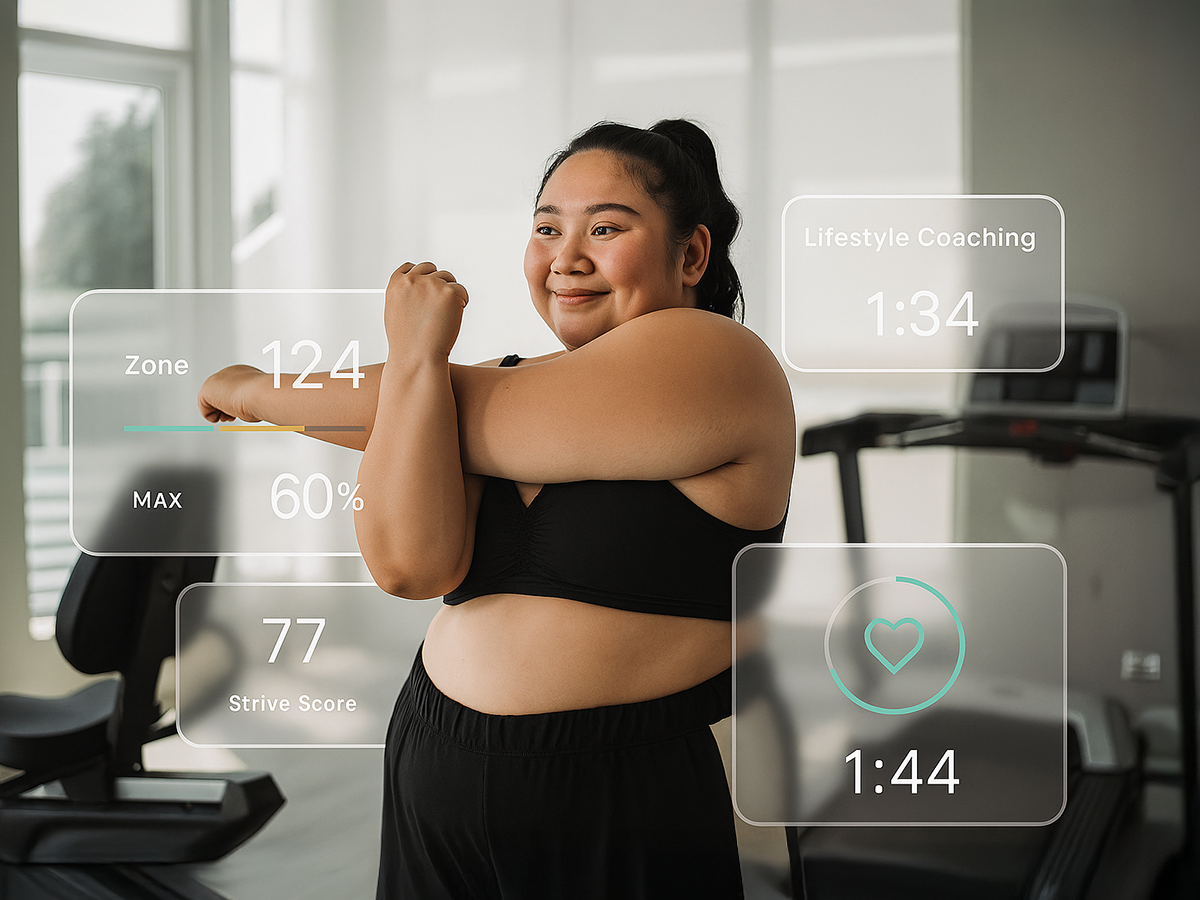

Gyms are no longer just places for lifting weights or chasing cardio goals. In the emerging landscape of wellness, they're shaping up to be something far more ambitious: centres for longevity. With rising demand for preventive care and a shift in mindset from short-term fitness to long-term health, a growing number of gyms are blending physical training with medical insight, tech integration, and lifestyle optimisation.
Longevity, the idea of not just living longer, but living better, has moved from a niche pursuit to a global aspiration. While high-profile biohackers like Bryan Johnson might grab headlines with million-dollar regimens, the core goal of longevity is much simpler: extend the years of good health, not just life. And gyms, it turns out, may be perfectly placed to help.
The traditional healthcare system isn’t known for agility. Clinics offering longevity services exist, but they often face barriers in awareness, access, or affordability. Gyms, on the other hand, already have the infrastructure, customer base, and fast-moving business models that let them adapt quickly to changing health trends. As consumer interest in wellness deepens, the opportunity for gyms to evolve into holistic health hubs becomes even more compelling.
Some already are. Equinox, a high-end fitness brand with global reach, has incorporated bloodwork, sleep coaching, and personalised lifestyle programming into its member offering. In London, the KX Club has blended fitness with diagnostics, IV drips, and nutrition science. And in Singapore, centres like Chi Longevity and Sparkd are experimenting with full-body health tracking and cognitive training, built around measurable medical outcomes. These aren’t traditional gyms with a few spa extras, they’re hybrids, combining the rigour of clinical insight with the energy of personal fitness.
The potential is huge, but the shift isn’t without its challenges. Staff at traditional gyms may need new training in health coaching or collaboration with clinical teams. Regulatory grey zones may emerge around diagnostic services delivered outside hospital walls. And for now, price remains a barrier: many of these new ‘longevity gyms’ sit firmly in the luxury bracket.
Still, it’s clear the industry is heading somewhere new. As health wearables become more sophisticated, consumer expectations are rising too. People want personalisation, prevention, and performance, all under one roof. That opens the door for gyms to become more than fitness spaces. They could become the places where we design longer, better lives.
Because in the near future, going to the gym might not just be about looking good. It could be about staying sharp, mobile, and resilient well into old age. The longevity era has begun, and your gym may be one of its first outposts.